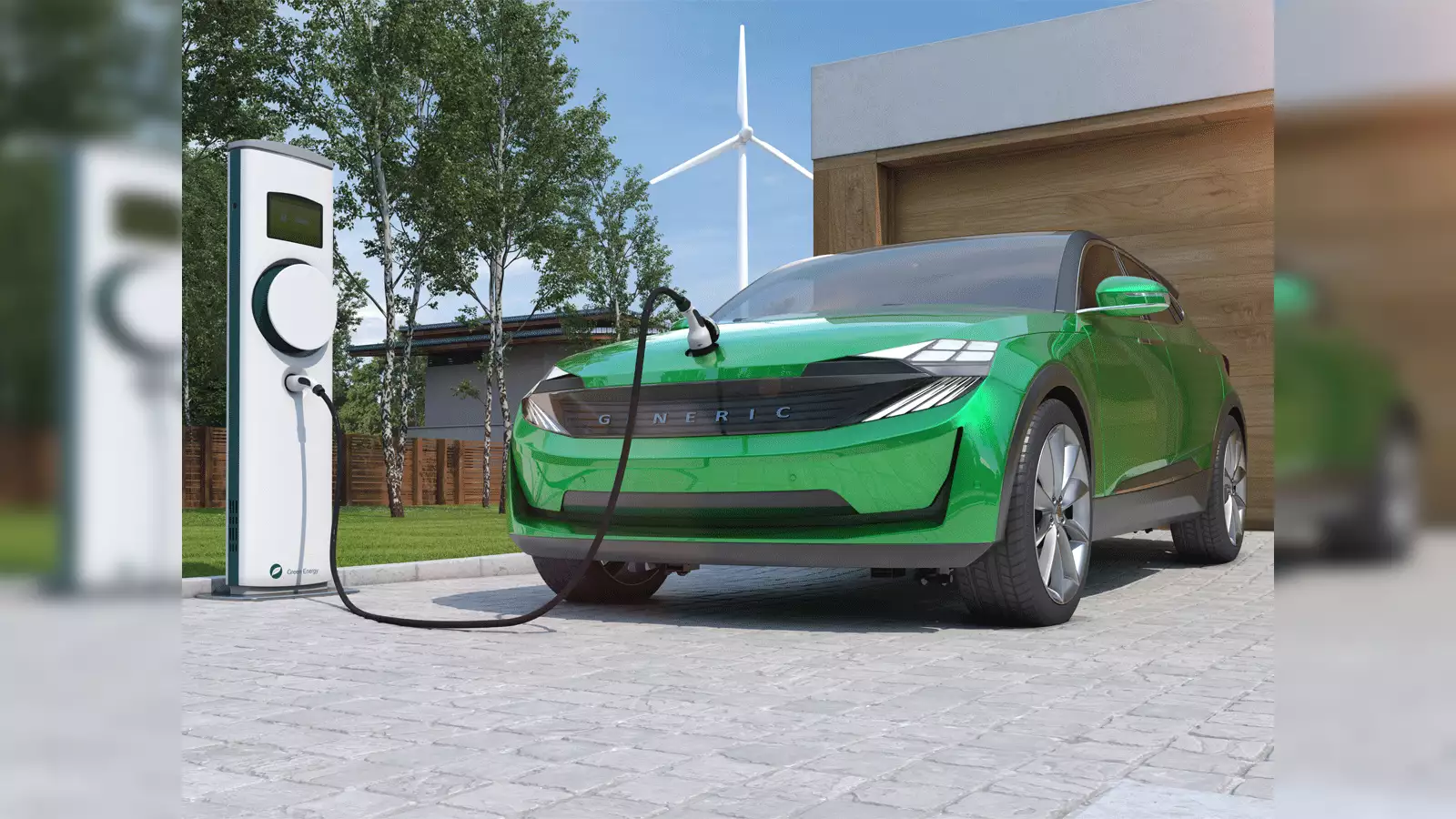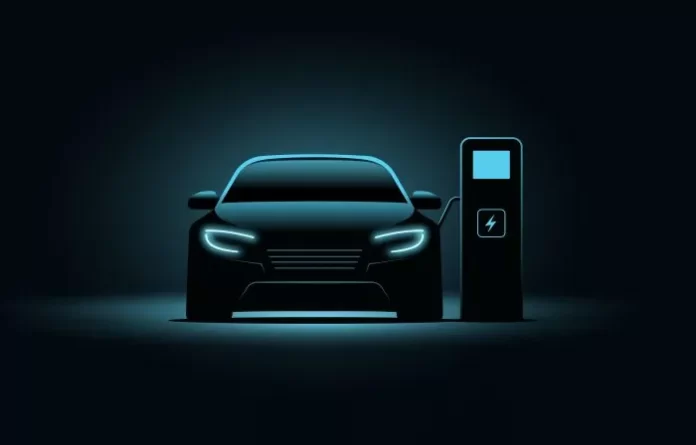Electric cars are rapidly gaining popularity as more people become concerned about the impact of fossil fuels on the environment. Electric cars are powered by batteries, which can be recharged from the grid, and they produce no emissions while in operation. This makes them an attractive option for people who are looking for a more sustainable form of mobility. In this article, we’ll discuss the benefits and challenges of electric cars.
Contents
Benefits of Electric Cars
Lower Operating Costs
One of the biggest advantages of electric cars is that they are significantly cheaper to operate than traditional gas-powered cars. Electric cars cost much less to fuel than gas-powered cars because electricity is significantly cheaper than gasoline. Additionally, electric cars have fewer moving parts, which means they are less expensive to maintain and repair. This can result in significant savings over the lifetime of the car.
Reduced Emissions
Electric cars produce no emissions while in operation, which makes them an attractive option for people who are concerned about the impact of vehicles on the environment. This is because electric cars do not rely on fossil fuels, which are the main source of greenhouse gas emissions from vehicles. By reducing emissions, electric cars can help to mitigate the impact of climate change and improve air quality.

Improved Performance
Electric cars are typically smoother and quieter than traditional gas-powered cars, and they offer instant torque, which means they can accelerate more quickly. This makes them a fun and enjoyable driving experience, especially for those who value acceleration and speed. Additionally, electric cars are often lighter than traditional gas-powered cars, which can result in improved handling and stability.
Convenient Charging
Electric cars can be charged at home or at public charging stations, and the charging process is often much faster than refueling a traditional gas-powered car. Some electric cars can be charged to 80% in as little as 30 minutes, which means you can charge your car while you run errands or have a meal. Additionally, many public charging stations are free to use, which can help to reduce the cost of operating an electric cars.
Government Incentives
In many countries, governments offer incentives for the purchase of electric cars, including tax credits, rebates, and grants. These incentives can make electric cars more affordable for consumers and encourage the adoption of this technology.
Challenges of Electric Cars
Limited Range
One of the biggest challenges of electric cars is their limited range, which is the distance they can travel on a single charge. While the range of electric cars has improved in recent years, it is still much less than that of traditional gas-powered cars. This means that electric cars are not suitable for long trips or for people who need to travel frequently and far from home.
Cost of Batteries
Another challenge of electric cars is the cost of the batteries, which are the most expensive component of the car. The cost of batteries has come down in recent years, but they are still significantly more expensive than traditional gas-powered cars. This can make electric cars more expensive upfront, which can be a barrier to adoption for many people.
Limited Charging Infrastructure
While the number of public charging stations has increased in recent years, there are still many areas where charging infrastructure is limited. This can make it difficult for electric cars owners to find a charging station when they need it, which can be a barrier to adoption for many people.



